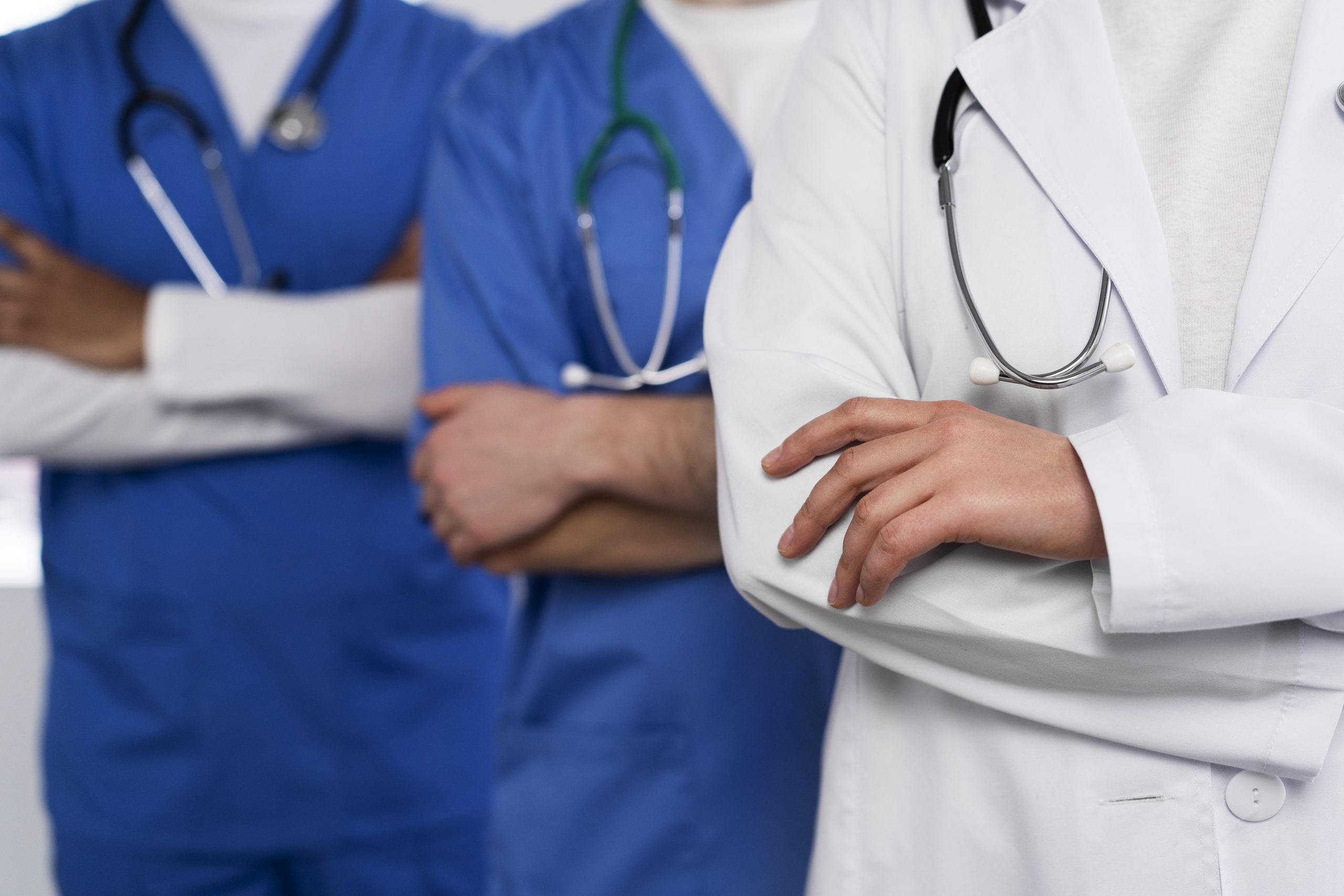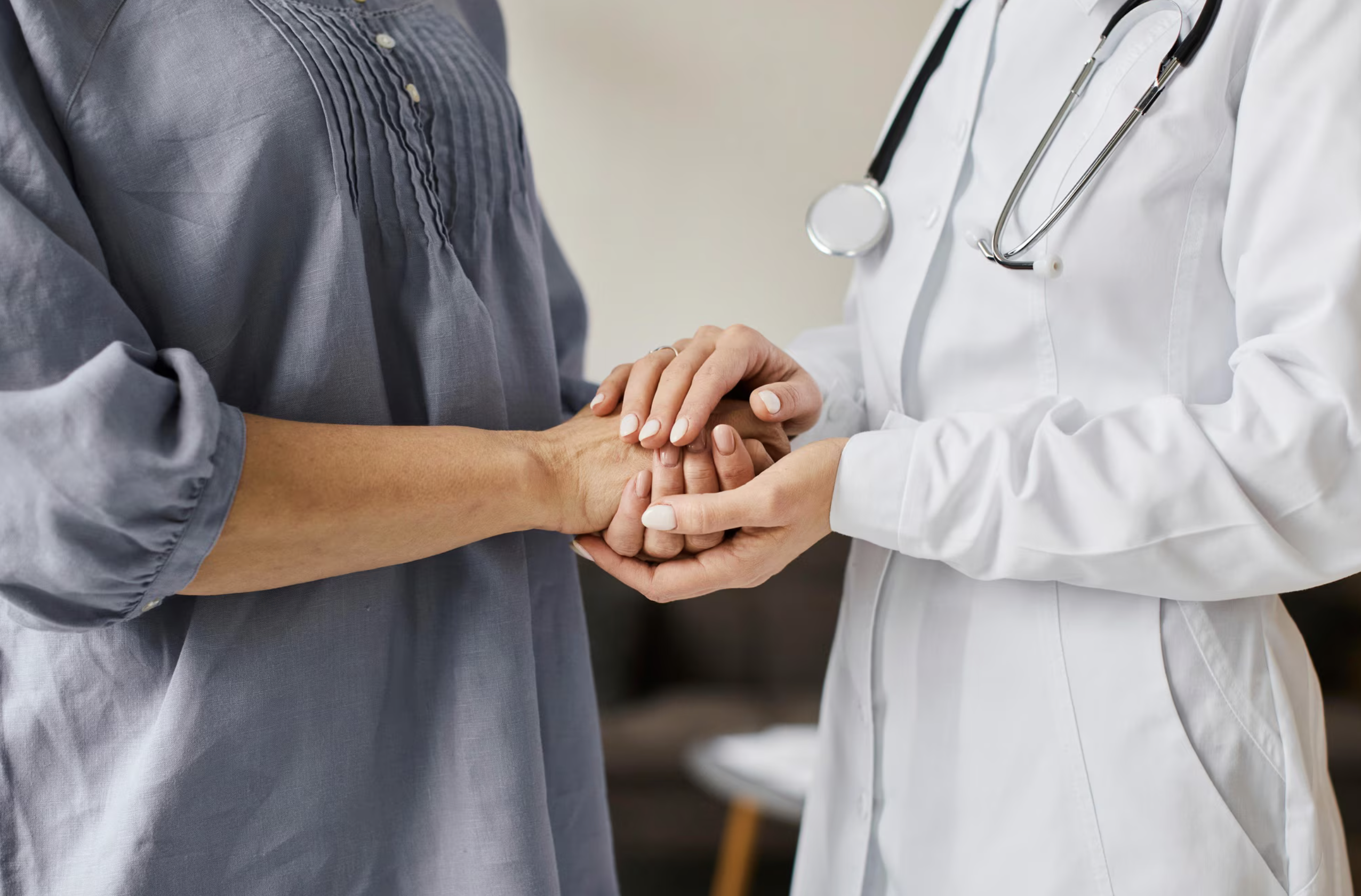Il più grande round di investimento seed nella storia dell’innovazione in Italia, il più grande round di trasferimento tecnologico al tempo stesso. Un caso esemplare che segna un cambio di rotta in Italia e testimonia anche la presenza di Recordati nell’innovazione scientifica e tecnologica di avanguardia.
Il founder Alberto Auricchio racconta a HealthVerse come è nata AAVantgardeBio, la startup che sviluppa terapie geniche per le malattie ereditarie della retina.
Siamo nel 2019, Alberto Auricchio, coordinatore del Programma di terapia molecolare all’Istituto Telethon di genetica e medicina (Tigem) e professore di genetica medica all’università Federico II di Napoli, vince il Recordati Prize.
È un riconoscimento per i suoi studi sulla malattia di Stargardt, patologia ereditaria dell’occhio che porta a una progressiva perdita della vista, fino a cecità. Il progetto premiato aveva l’obiettivo di sviluppare una terapia genica con vettori AAV-inteina.
Nel 2021, Auricchio fonda AAVantgarde Bio, una startup che ha sviluppato due piattaforme basate su vettori virali adeno-associati (AAV) che permettono di superare i limiti attuali di trasferimento di molecole di DNA di grosse dimensioni dei vettori AAV per la terapia genica. Nel giugno 2023, AAVantgarde Bio ha chiuso un round Series A da 61 milioni di euro condotto da Atlas Venture, Forbion, Longwood, Sofinnova, venture capital internazionali nel settore delle scienze della vita.
Appena quattro anni per concretizzare nel più importante investimento seed italiano un modello vincente di trasferimento tecnologico, nato dalla collaborazione tra ricerca e industria.
Che ruolo ha avuto il Recordati Prize nello sviluppo del suo progetto?
L’ambito di ricerca del mio laboratorio è la terapia genica di malattie oculari ereditarie. Per alcune di queste malattie la terapia genica tuttavia non è applicabile perché il gene è di grosse dimensioni. Noi lavoriamo per superare questo problema e grazie al Premio Recordati abbiamo potuto sviluppare una parte dei dati preliminari, una fase importantissima perché ha contribuito alla prova di principio.
Il Premio Recordati, insieme a Fondazione Telethon ed European Research Council (da cui abbiamo ricevuto un grant), ha quindi contribuito allo sbocco traslazionale della nostra ricerca, fino alla costituzione di AAVantgarde Bio con cui si passerà alla fase clinica. Ed è probabile che la futura pipeline di AAVantgarde possa essere estesa a tante altre indicazioni terapeutiche.
Qual è il suo percorso di ricercatore?
Sono un pediatra e ho sempre avuto un grande interesse per la ricerca relativa alle malattie genetiche. Il dipartimento in cui lavoravo circa vent’anni fa era focalizzato sulla ricerca di base che serviva per identificare i geni coinvolti in alcune malattie genetiche rare. Quando ho dovuto scegliere un’area di maggiore specializzazione, ho scelto il settore terapeutico. In particolare, ho dedicato le mie ricerche alla cura di malattie genetiche rare attraverso la nuova disciplina che utilizza il gene come farmaco. Prima si identifica il gene che è mutato e non funziona, poi si cerca di ripararlo o di fornirne una copia sana.
Cosa sta accadendo a Napoli? Apple, Cisco, lo spazio, la genomica, la creatività.
Da alcuni anni la città è diventata un importante centro per la ricerca, per l’impresa e per l’ecosistema dell’innovazione. Ciò si vede per esempio nella collaborazione tra privato e pubblico, per esempio tra Fondazione Telethon con il suo istituto Tigem e l’Università Federico II . Ma a Napoli ci sono altri esempi di partnership tecnologiche e rilevanti. È una sorta di rinascimento della città, stiamo diventando un luogo interessante per gli investitori stranieri.
Il vostro è un mega round non solo per la stazza finanziaria ma anche per l’eccezionale valore degli investitori. L’Italia volta pagina?
L’investimento è arrivato attraverso alcuni passaggi. Tutto ha inizio nella straordinaria realtà del Tigem di Napoli, l’istituto di ricerca di Fondazione Telethon. Il primo investitore a credere nel progetto è Sofinnova che ci supporta in fase seed. Appena dopo è stata avviata un’attività di fundraising che attraverso il network Sofinnova ha condotto ad Atlas e Forbion, i due più importanti partner, Longwood e Sofinnova Telethon Fund.
In tutti i passaggi, è stata fondamentale la qualità anche scientifica dei fondi di investimento, evidente nell’approfondità due diligence e nella formazione del team internazionale. A guidare AAVantgarde è la CEO inglese Natalia Misciattelli che ha 25 anni di esperienza nel settore delle scienze della vita.
Posso dire che la qualità dell’operazione nel suo complesso mi ha sorpreso. È una modalità nuova per il nostro Paese ed è certamente un inizio di grande impatto per la nostra industria.
Scientist, researcher, pediatrician, startupper. Introducing Alberto Auricchio
The largest seed investment round in the history of innovation in Italy, the largest technology transfer round at the same time. An exemplary case that marks a change of course in Italy and also testifies to Recordati’s presence in cutting-edge scientific and technological innovation.
Founder Alberto Auricchio tells HealthVerse how AAVantgardeBio, the startup developing gene therapies for inherited retinal diseases, was born.
It’s 2019, Alberto Auricchio, coordinator of the Molecular Therapy Program at the Telethon Institute of Genetics and Medicine (Tigem) and professor of medical genetics at the Federico II University of Naples, wins the Recordati Prize.
It is in recognition of his studies on Stargardt disease, a hereditary eye disease that leads to progressive vision loss to blindness. The prize-winning project aimed to develop a gene therapy with AAV-intein vectors.
In 2021, Auricchio founded AAVantgarde Bio, a startup that developed two platforms based on adeno-associated viral vectors (AAVs) to overcome the current limitations of transferring large DNA molecules from AAV vectors for gene therapy. In June 2023, AAVantgarde Bio closed a stunning €61 million Series A round led by Atlas Venture, Forbion, Longwood, Sofinnova, international life sciences venture capital firms.
Just four years to concretize in the most important Italian seed investment a winning model of technology transfer, born from the collaboration between research and industry.
What role did the Recordati Prize play in the development of your project?
The research area of my lab is gene therapy of inherited eye diseases. For some of these diseases, however, gene therapy is not applicable because the gene is large. We work to overcome this problem, and thanks to the Recordati Prize we were able to develop some of the preliminary data, a very important step because it contributed to the proof of principle.
The Recordati Prize, together with the Telethon Foundation and the European Research Council (from which we received a grant), then contributed to the translational outlet of our research, up to the establishment of AAVantgarde Bio with which we will move to the clinical phase. And it is likely that the future pipeline of AAVantgarde can be extended to many other therapeutic indications.
What is your background as a researcher?
I am a pediatrician and have always had a great interest in research related to genetic diseases. The department I worked in about 20 years ago focused on basic research that was used to identify genes involved in certain rare genetic diseases. When I had to choose an area of greater specialization, I chose the therapeutic area. Specifically, I devoted my research to the treatment of rare genetic diseases through the new discipline that uses the gene as a drug. First you identify the gene that is mutated and does not work, then you try to repair it or provide a healthy copy.
What is happening in Naples? Apple & Cisco developers school, space startups, innovation in genomics, leading creativity.
For some years now, the city has become a major center for research, enterprise and the innovation ecosystem. This can be seen, for example, in the collaboration between the private and public sectors, for example between the Telethon Foundation with its Tigem Institute and the Federico II University . But there are other examples of technological and relevant partnerships in Naples. It is a kind of renaissance of the city, we are becoming an attractive place for foreign investors.
Yours is a mega round not only because of the financial tonnage but also because of the exceptional value of the investors. Is Italy turning over a new leaf?
The investment came through a few steps. It all began in the extraordinary reality of Tigem in Naples, the research institute of the Telethon Foundation. The first investor to believe in the project was Sofinnova, which supported us in the seed stage. Soon after, a fundraising activity was started that through the Sofinnova network led to Atlas and Forbion, the two most important partners, Longwood and Sofinnova Telethon Fund.
In all steps, the quality, including scientific quality of the investment funds, evident in the thorough due diligence and training of the international team, was crucial. Leading AAVantgarde is British CEO Natalia Misciattelli, who has 25 years of experience in the life sciences sector.
I can say that the quality of the operation as a whole surprised me. It is a new modality for our country and is certainly an impactful start for our industry.


